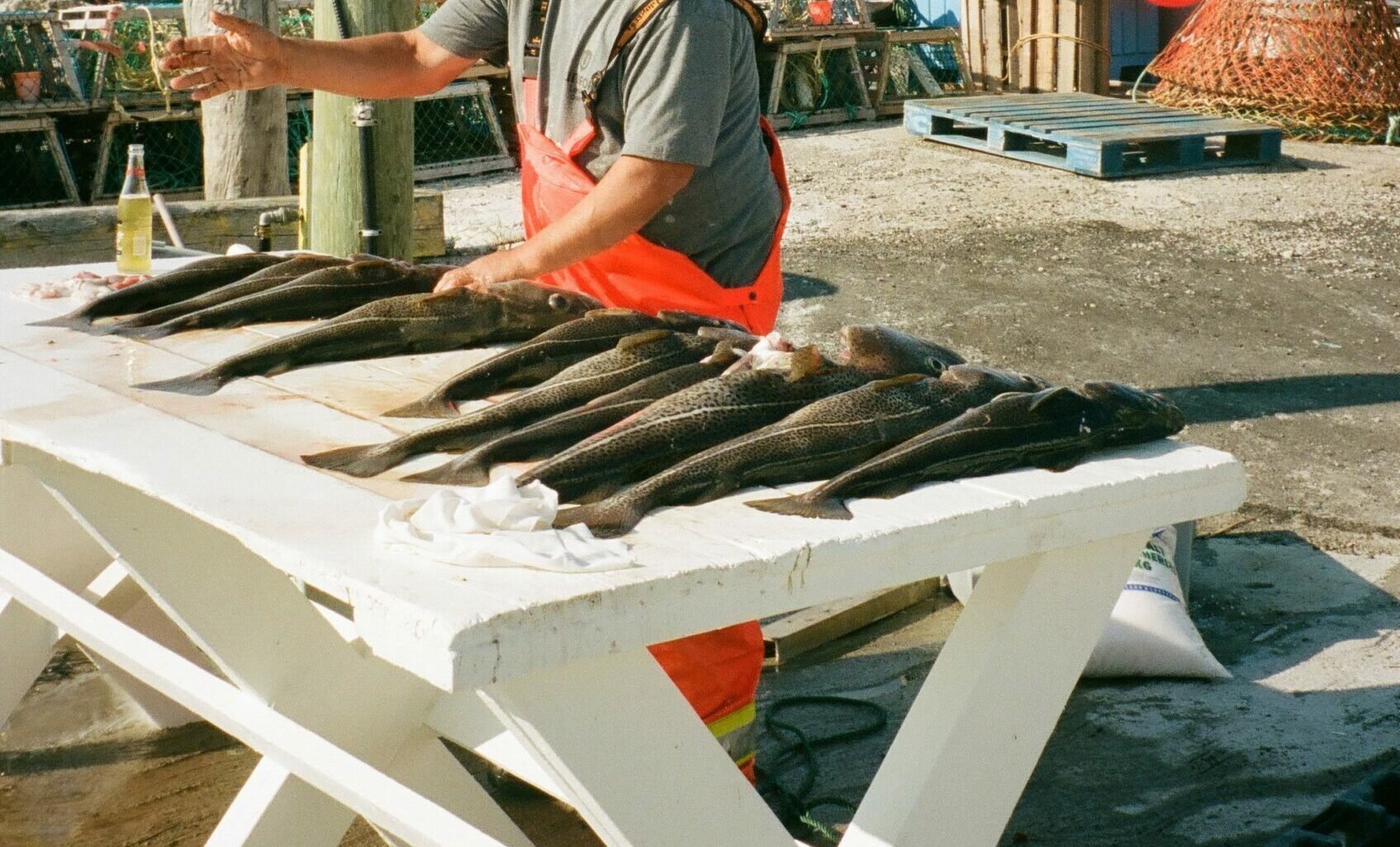In a 1996 article in The New Yorker, Susan Orlean chronicles what she calls “the homesick restaurant.” It isn’t her homesickness she refers to. In contrast to those frequenting a restaurant in Miami’s Little Havana—one that remembers the one they left behind—she confesses, “There has never been anything in my life that I couldn't go back to if I really wanted to.” The restaurant she writes about serves those who are homesick for a different place, a different time. But what if we add up those different places and times so that they equal environments, so that the sum they make is the planet?
I am looking forward to tackling this question next week at KWI, where I will present my research as part of its Wednesday Colloquium. My talk will consider extinction through a culinary lens. Zooming in on substitutions—their practices, discourses, and politics—I ask: How do cuisines chart, mourn, and perhaps even aim to counter environmental loss? Appetites and Other Ghosts will survey my current work on the relationships between restaurants and politics, food and migration, and cuisine and planetary health.
The Colloquium is hybrid, which means that all are welcome to join online. Find out more and register here.



















